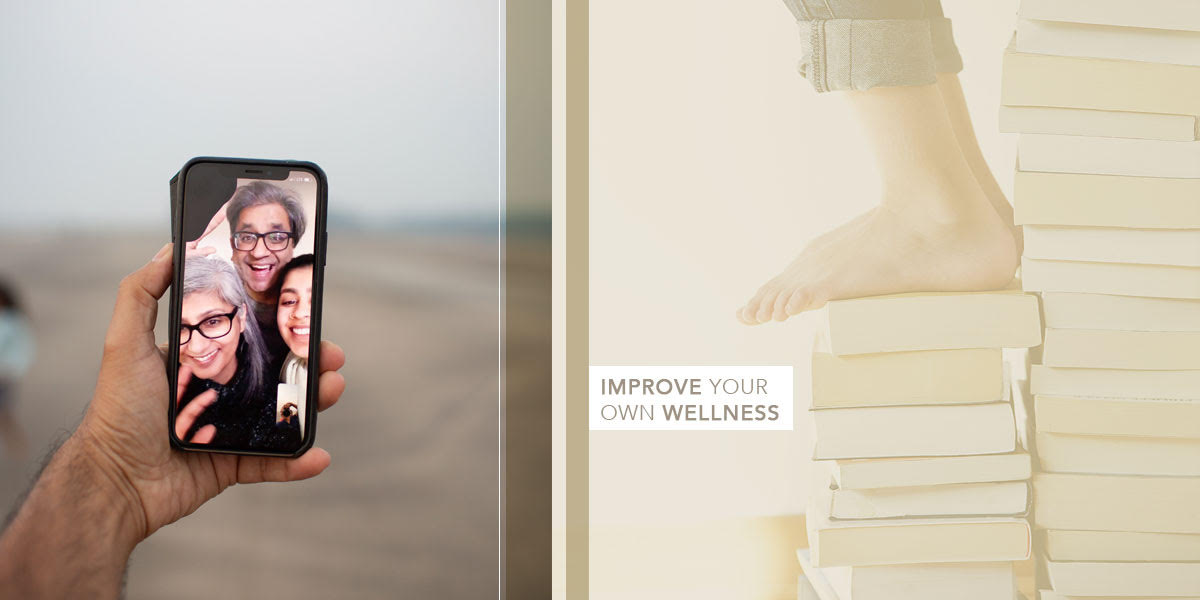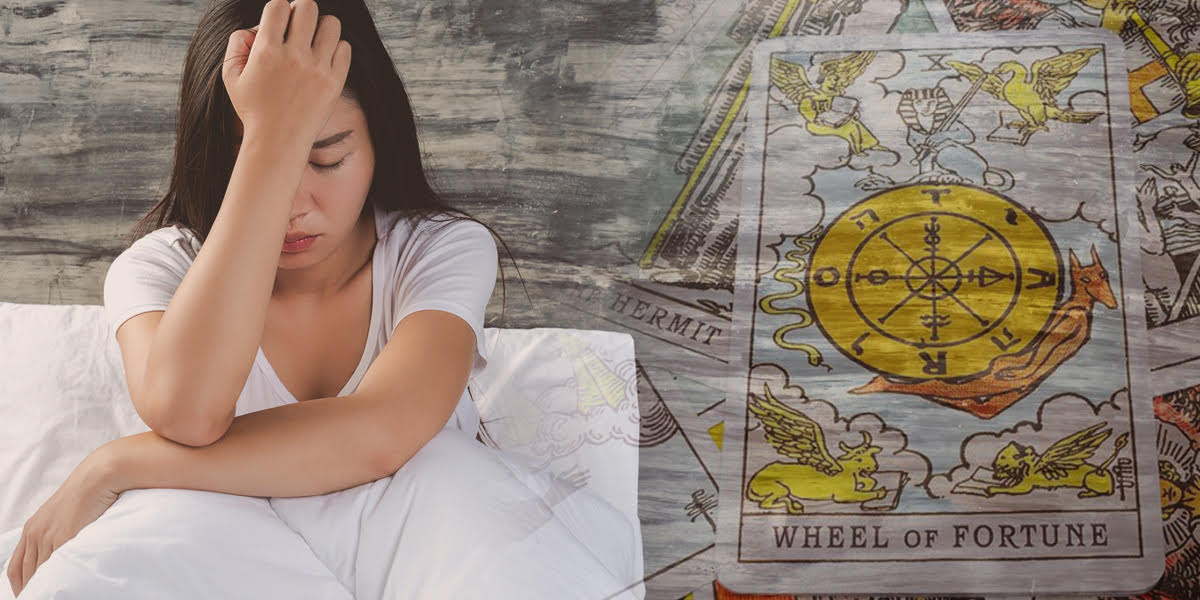4 Steps to Better Understand and Improve Your Own Wellness

We are heading towards the end of what has been a tough year for everyone, and one thing that this year has taught me is how important it is to keep my wellness a top priority. Understanding your own wellness and what it really means is the starting point for then learning how to improve it. So firstly, let’s define wellness;
“ the active pursuit of activities, choices and lifestyles that lead to a state of holistic health .”– The Global Wellness Institute
This means your wellness is not just about how well you feel physically or health-wise, it is a whole combination of all areas of your life. We can break this up into 8 subcategories: finance, social, intellect, emotion, occupation, environment, spirit, and physical.
Your wellness also isn’t fixed, it changes and, most importantly, CAN be changed by YOU. We all make decisions and choices in our day-to-day lives that have an impact on our wellness. This is great news for us because it means we can take responsibility for improving our wellness by making better choices.
Sounds simple right? However, the truth is, we can all feel overwhelmed with things going on in our lives. I, for one, have felt particularly overwhelmed this year with the global pandemic changing ‘normal life’ a lot. I know I am not alone in feeling like this. So, to help with that feeling of overwhelm and getting better control over your wellness, here are four simple steps you can take to understand your own wellness a little better and identify actions to improve it, and start seeing some great results.
Step One – Understand and Rate Your Wellness
Rate each of the following areas on a scale of 1 – 10 (a score of 1= not great, there’s lots of room for improvement, a score of 10 = it’s fantastic)
– Physical (How well you are maintaining a healthy physical body through habits, exercise,
nutrition, and health care.)
– Emotional (How well you understand your feelings and are coping.)
– Social (How well you are maintaining healthy relationships with others)
– Environmental (How well you understand how your social, natural, and built
environments affect your health and well-being.)
– Financial (How well you are maintaining and managing your finances.)
– Occupational (How much personal satisfaction you are getting from your work and your
contributions.)
– Intellectual (How well you are maintaining your learning and skill development.)
– Spiritual (How well you are finding your own meaning and value in life.)
Step Two – Decide on Actions to Improve Your Wellness
Take the areas with your 3 lowest scores to focus on, and one at a time, think about one thing you can do differently, or a better decision you can make, to improve that score by 1 over the next week.
Start small and simple, for example, over the next week I will go for 2 walks to work on my physical wellness, or I will put some time aside on one evening to call my family or friends for my social and emotional wellness, so I get two for the price of 1 (wellness win).
Step Three – Consider What Else You May Have Some Influence Over
Now consider what is not in your full control but you may have some influence over to still
improve these scores.
For example, you may not be able to fully control whether or not your family or friends are going to be available for that phone call, but you may be able to influence it by messaging them now to suggest a date and time over the next week for a catch-up and to get something in the diary.
Step Four – Re-Focus
Re-focusing is all about recognizing that there are some things that will always be completely out of our control, so rather than wasting energy stressing over these things, try to re-focus on the things you have identified that you are able to control and influence and let the other things go.
Here’s a personal example, I know I have spent a lot of energy focusing on how long it will be until I can see my family and friends again. The reality is, the pandemic is preventing international travel for now, and this is completely out of my control. So instead, I need to redirect my energy to the things I can influence just like I identified in step two and three. I know that I will feel more positive when I do this.




